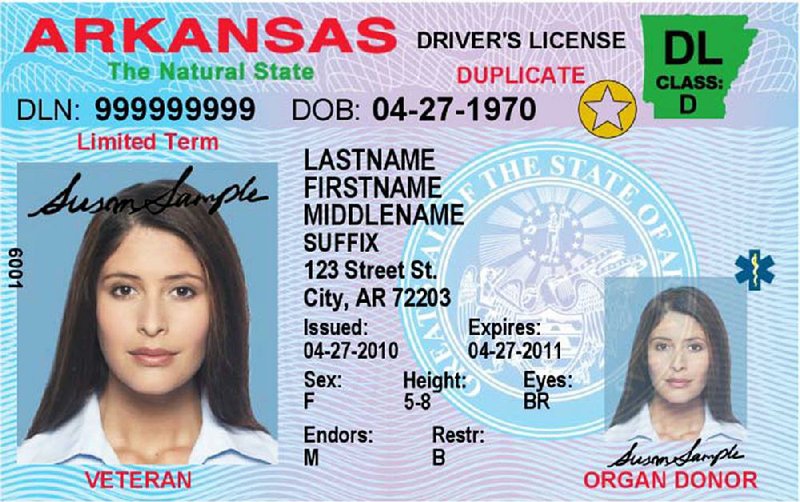
Real estate investing is an excellent option for someone with a 100k to invest and who wants a passive income stream and predictable returns. You can build huge equity quickly and with minimal work by investing in real estate. With a 100k down payment, you can buy a million dollars house and grow huge equity over time.
Real estate is the best way to invest.
Real estate is the best option for those with a few hundred thousand dollars. Not only does real estate earn a substantial cash flow each year, but it can also provide a solid personal asset for future generations. Real estate is an excellent way to diversify and grow your portfolio.

Passive investments are possible with IRAs
An IRA investment can provide tax benefits. It is a good choice for 100k investments. You also have more control over your investments than a traditional 401(k), with the option to invest in stocks and ETFs as well as other asset classes. By choosing the right investment strategy you can maximize tax benefits and grow your portfolio over the long-term.
Mutual funds
It is important to choose the best funds for your $100k investment. Stock investing can be very risky, especially if it's not done properly. Bonds, on other hand, are much safer. But, they offer lower returns. Be aware of your age, overall health, and other factors. Be sure to consider whether you are able to afford to leave your money alone for five years or more.
ETFs
If you want to invest $100 000, it is worth considering switching to mutual funds or exchange traded funds. These passive investments are low-cost and can be set up so that they automatically invest recurring amounts. ETFs offer many advantages over individual stocks, and the barriers to entry are relatively low.
DIY SIPPs
A DIY SIPP is a great option for your first 100k. Here are some factors to consider before investing. First, you will need to select an investment platform. You should also decide how much you want to invest. You can check out their SIPP if you want to invest in Vanguard funds. You might also want to consider other SIPP providers like Hargreaves Lansdown and Fidelity.

Investments in a 401(k), have tax-saving benefits
A 401(k), or IRA, can provide many tax benefits. The first benefit is that it's tax-deferred, which means your money grows tax-deferred until you withdraw it at retirement. This tax-deferral benefits is available for both Roth 401K and traditional accounts.
FAQ
How much money should I save before buying a house?
It all depends on how many years you plan to remain there. If you want to stay for at least five years, you must start saving now. However, if you're planning on moving within two years, you don’t need to worry.
How many times may I refinance my home mortgage?
It all depends on whether your mortgage broker or another lender is involved in the refinance. In either case, you can usually refinance once every five years.
How much will my home cost?
The number of days your home has been on market and its condition can have an impact on how much it sells. According to Zillow.com, the average home selling price in the US is $203,000 This
Statistics
- It's possible to get approved for an FHA loan with a credit score as low as 580 and a down payment of 3.5% or a credit score as low as 500 and a 10% down payment.5 Specialty mortgage loans are loans that don't fit into the conventional or FHA loan categories. (investopedia.com)
- Some experts hypothesize that rates will hit five percent by the second half of 2018, but there has been no official confirmation one way or the other. (fortunebuilders.com)
- This means that all of your housing-related expenses each month do not exceed 43% of your monthly income. (fortunebuilders.com)
- 10 years ago, homeownership was nearly 70%. (fortunebuilders.com)
- Private mortgage insurance may be required for conventional loans when the borrower puts less than 20% down.4 FHA loans are mortgage loans issued by private lenders and backed by the federal government. (investopedia.com)
External Links
How To
How to Manage a Rental Property
While renting your home can make you extra money, there are many things that you should think about before making the decision. These tips will help you manage your rental property and show you the things to consider before renting your home.
Here are the basics to help you start thinking about renting out a home.
-
What are the first things I should consider? Consider your finances before you decide whether to rent out your house. You may not be financially able to rent out your house to someone else if you have credit card debts or mortgage payments. Your budget should be reviewed - you may not have enough money to cover your monthly expenses like rent, utilities, insurance, and so on. It might not be worth the effort.
-
How much does it cost for me to rent my house? The cost of renting your home depends on many factors. These include things like location, size, features, condition, and even the season. It's important to remember that prices vary depending on where you live, so don't expect to get the same rate everywhere. Rightmove shows that the median market price for renting one-bedroom flats in London is approximately PS1,400 per months. This means that your home would be worth around PS2,800 per annum if it was rented out completely. This is a good amount, but you might make significantly less if you let only a portion of your home.
-
Is it worth the risk? There are always risks when you do something new. However, it can bring in additional income. Before you sign anything, though, make sure you understand exactly what you're getting yourself into. You will need to pay maintenance costs, make repairs, and maintain the home. Renting your house is not just about spending more time with your family. Make sure you've thought through these issues carefully before signing up!
-
Are there any advantages? Now that you have an idea of the cost to rent your home, and are confident it is worth it, it is time to consider the benefits. You have many options to rent your house: you can pay off debt, invest in vacations, save for rainy days, or simply relax from the hustle and bustle of your daily life. Whatever you choose, it's likely to be better than working every day. Renting could be a full-time career if you plan properly.
-
How can I find tenants Once you've made the decision that you want your property to be rented out, you must advertise it correctly. Online listing sites such as Rightmove, Zoopla, and Zoopla are good options. Once potential tenants reach out to you, schedule an interview. This will enable you to evaluate their suitability and verify that they are financially stable enough for you to rent your home.
-
How do I ensure I am covered? If you're worried about leaving your home empty, you'll need to ensure you're fully protected against damage, theft, or fire. You'll need to insure your home, which you can do either through your landlord or directly with an insurer. Your landlord will likely require you to add them on as additional insured. This is to ensure that your property is covered for any damages you cause. If your landlord is not registered with UK insurers, or you are living abroad, this policy doesn't apply. In such cases, you will need to register for an international insurance company.
-
Even if your job is outside the home, you might feel you cannot afford to spend too much time looking for tenants. It's important to advertise your property with the best possible attitude. Post ads online and create a professional-looking site. Also, you will need to complete an application form and provide references. Some prefer to do it all themselves. Others hire agents to help with the paperwork. It doesn't matter what you do, you will need to be ready for questions during interviews.
-
What happens after I find my tenant?After you've found a suitable tenant, you'll need to agree on terms. If there is a lease, you will need to inform the tenant about any changes such as moving dates. If you don't have a lease, you can negotiate length of stay, deposit, or other details. While you might get paid when the tenancy is over, utilities are still a cost that must be paid.
-
How do you collect the rent? When the time comes to collect the rent, you'll need to check whether your tenant has paid up. If not, you'll need to remind them of their obligations. After sending them a final statement, you can deduct any outstanding rent payments. If you are having difficulty finding your tenant, you can always contact the police. If there is a breach of contract they won't usually evict the tenant, but they can issue an arrest warrant.
-
How do I avoid problems? Renting out your house can make you a lot of money, but it's also important to stay safe. Install smoke alarms, carbon monoxide detectors, and security cameras. It is important to check that your neighbors allow you leave your property unlocked at nights and that you have sufficient insurance. Finally, you should never let strangers into your house, even if they say they're moving in next door.